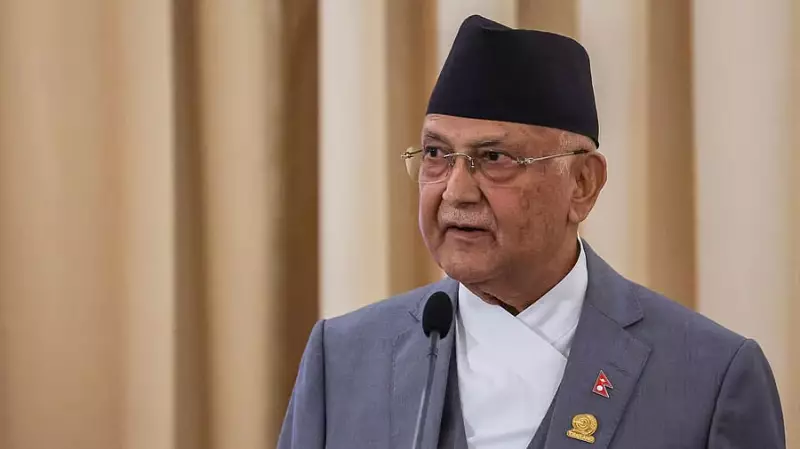
Nepal's political landscape has been plunged into fresh turmoil as the Communist Party of Nepal (Unified Marxist-Leninist) intensifies its nationwide demonstrations. The party, led by former Prime Minister KP Sharma Oli, is demanding the immediate reinstatement of the House of Representatives, creating a significant constitutional crisis in the Himalayan nation.
Political Standoff Escalates
The CPN-UML has declared its intention to continue aggressive protests until their primary demand is met. Party spokesperson Pradeep Kumar Gyawali confirmed that demonstrations would persist across various locations, putting substantial pressure on the current administration. This political movement represents one of the most significant challenges to Nepal's democratic processes in recent years.
At the heart of the conflict lies the dissolution of the House of Representatives, a move that opposition parties claim was unconstitutional. The CPN-UML, as a major political force, has taken the lead in opposing this decision through sustained public demonstrations and political mobilization.
Oli's Strategic Leadership
Former Prime Minister KP Sharma Oli remains the central figure in this political confrontation. Under his guidance, the CPN-UML has organized systematic protests designed to maximize political impact. The party's strategy involves coordinated demonstrations across multiple regions, ensuring nationwide visibility for their cause.
The political veteran has positioned himself as the champion of parliamentary democracy, arguing that the dissolution of the House undermines Nepal's constitutional framework. His extensive political experience and strong party base make him a formidable opponent to the current government.
Constitutional Implications and Future Scenarios
The ongoing crisis raises serious questions about Nepal's constitutional stability. Legal experts are divided on the legitimacy of the House dissolution, with some arguing it violates constitutional provisions while others maintain it falls within executive authority.
The situation presents several potential outcomes: reinstatement of the House, fresh elections, or continued political deadlock. Each scenario carries significant implications for Nepal's international relations, particularly with neighboring countries including India, which closely monitors political developments in the region.
As the protests continue, international observers are watching how Nepal's democratic institutions withstand this pressure test. The resolution of this crisis will likely set important precedents for Nepal's political future and constitutional interpretation.
The CPN-UML has made it clear they will not back down until their demands are met, setting the stage for a prolonged political confrontation that could reshape Nepal's governance structure and democratic processes for years to come.






